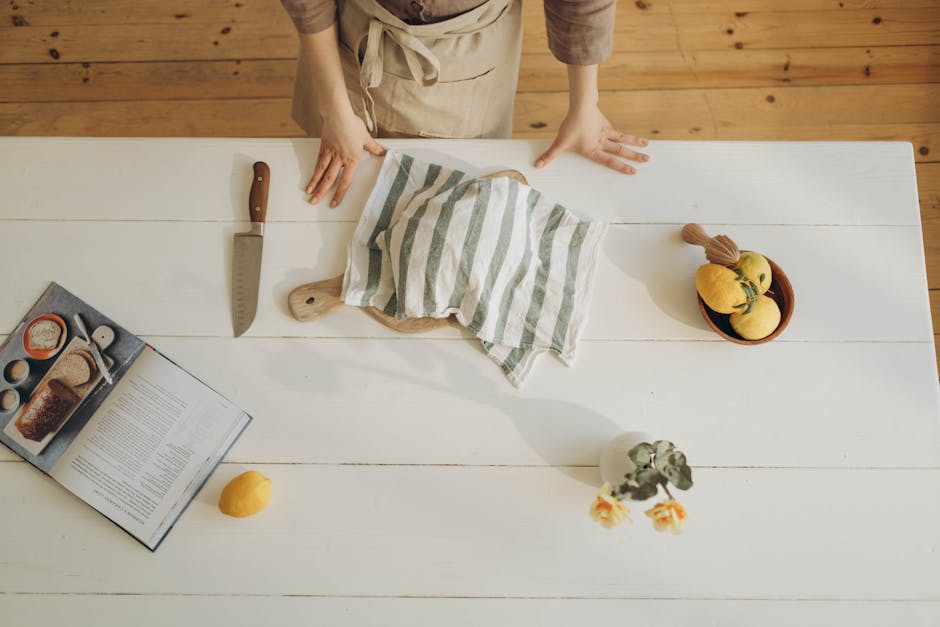Why Meal Prepping Actually Works
Meal prepping isn’t hype—it’s utility. When you’ve already planned and prepped your food, you’re less likely to reach for snacks or fast food just because you’re tired or short on time. It’s a simple equation: fewer decisions during the day means fewer chances to slip. You skip the last-minute “what should I eat?” spiral because it’s already taken care of.
There’s actual science behind why this works. It’s called choice fatigue. The more decisions you make during the day—what to wear, how to respond to a message, where to go—the less mental energy you have left for things like choosing a healthy lunch. Meal prepping removes that weight. No surprises. No guesswork.
You also buy back time. Spending an hour or two on Sunday chopping, grilling, and portioning means you don’t have to think about food again all week. That frees up energy for workouts, rest, and just getting through your day with less stress. And when eating well is easy, you’re more likely to keep doing it.
Budget-Friendly Eating
If you’re trying to stretch your grocery bill without sacrificing quality, meal prepping is a solid move. Buying in bulk means better deals and fewer trips to the store. Oats, rice, beans, and frozen veggies—not glamorous, but cost-effective and versatile. Stock up once, cook twice, eat all week.
It also keeps you away from last-minute takeout traps. When meals are already made, you skip the pricey impulse stops that happen when you’re hungry and unprepared. Bonus: you’ll waste less. Leftovers stop turning into science experiments when they’re part of an actual plan.
With a few organized hours up front, your wallet (and your trash bin) ends up a lot lighter.
Practical Tips to Start Meal Prepping
Start where you are. Don’t build a meal plan based on what you wish you ate—build it around what you already eat most of the time, just prepped smarter. If you usually skip breakfast but always grab takeout dinners, start by locking in a few reliable evening meals. Keep it realistic, not aspirational.
Gear also matters. A few solid containers (preferably glass or BPA-free plastic), a sharp knife, and a couple of sheet pans can take you far. You don’t need a commercial kitchen, just tools that don’t fall apart halfway through the week.
When it comes to prepping, focus on versatile staples. Think roasted veggies, grilled proteins, cooked grains. These mix and match easily, letting you change up meals without extra work. One Sunday batch session can prep a week’s worth of lunches with only minor tweaks.
And keep it interesting. Use ingredient swaps to boost flavor and nutrition without reinventing the wheel. Swap sour cream for Greek yogurt, white rice for cauliflower rice, croutons for roasted chickpeas. It’s not about dieting—it’s about consistently leveling up your habits.
Take a look at Healthy Substitutes: Ingredients to Swap for Better Nutrition if you need ideas that don’t taste like cardboard.
Meal Prepping Mistakes to Avoid
Starting strong doesn’t mean starting complex. One of the fastest ways to burn out is overcomplicating your prep from day one. You don’t need ten new recipes and three sauces you can’t pronounce. Stick to simple, repeatable meals that match your schedule and skill level. Add flair later—consistency comes first.
Then there’s the issue of cooking meals you think you should like, but don’t. If you’re not into baked tofu or quinoa, forcing them won’t make you healthier. It’ll just make you dread opening the fridge. Build meals around foods you already enjoy, even if they’re basic. A boring salad you’ll eat beats a fancy one that ends up in the trash.
Finally, watch for food fatigue. Eating chicken and broccoli five days straight will wear down anyone’s willpower. Even small shifts—like swapping spices, rotating protein sources, or changing up sauces—can keep things fresh. Variety isn’t a luxury; it’s how you keep showing up.
Final Takeaways
Meal prepping isn’t a rigid system—it’s a tool. One that’s flexible, personalized, and helps build a healthier lifestyle over time. The point isn’t perfection, it’s preparation.
Progress Over Perfection
- Don’t aim for an Instagram-worthy fridge—aim to have food ready when you need it
- A few prepped meals each week can make a big difference
- Missed a prep day? Reboot and start fresh, not flawlessly
Build Habits That Stick
- Start small: prep one meal a day, or just lunches for work
- Layer in prep routines gradually—then adjust as your lifestyle evolves
- Consistency counts more than quantity
Make Healthier Choices Effortless
One of the biggest wins? You remove willpower from the equation. When meals are ready to go, it’s easier to choose real food over quick fixes.
- Reach for prepped meals instead of ordering out
- Avoid last-minute hunger traps
- Spend less time deciding, more time fueling your body with intention
Meal prepping is less about control, and more about creating freedom—freedom to eat well, feel better, and simplify your daily routine.

 Kennethony McKenna played a vital role in helping build Food Smart Base, contributing his expertise and dedication to the project’s development. His efforts supported the platform’s growth into a reliable source of food news, nutritional advice, and culinary insights, ensuring that it serves readers with both accuracy and value.
Kennethony McKenna played a vital role in helping build Food Smart Base, contributing his expertise and dedication to the project’s development. His efforts supported the platform’s growth into a reliable source of food news, nutritional advice, and culinary insights, ensuring that it serves readers with both accuracy and value.